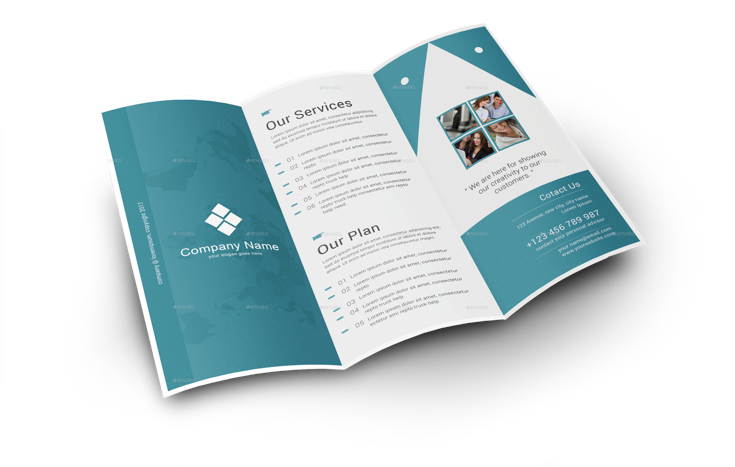Clean Medicare Claims Start Here
Lately, we have been getting questions like “how can I ensure I am being paid timely”, or “what can I do to process and submit clean claims the first time around”, or “how can I avoid billing errors”. This blog, along with our previous posts are intended to help you find your way.
What can you do to prepare for your next audit? You need to be sure that you have powerful systems in place designed to keep your facility compliant. The most powerful thing you can do to prepare for, and even prevent, audits is to ensure that everyone in your facility is working hard to do their jobs correctly and in compliance.
Errors in Medicare billing can cost your facility a huge amount of money. They can also trigger a Medicare review or audit. So what can you do? The single most powerful tool available to you to help you submit clean claims the first time is a meeting, yes a meeting.
The best way to avoid potential problems in your claims billing process, is to implement regular Triple-Check meetings. With the increase in audits and scrutiny, it is now, more than ever, essential that your claims are prepared and billed correctly and that you have the proper backup supporting what you bill. The last thing you want to do is to have to payback large amounts of money, as more and more facilities have had to do. A properly designed and implemented triple-check program is one of the best steps you can take to streamline your billing process and eliminate costly billing errors.
So, what is a Triple Check Meeting anyway?
Put simply, the Triple Check Meeting is a key monthly process designed for reviewing all of a facility’s Medicare claims before the claims are submitted to Medicare. We are still amazed at how many facilities do not have regular, if any, Triple Check meetings. Triple Check meetings are conducted at the beginning of each month before claim submission. By bringing together representatives from participating facility departments, all claims are reviewed to check the quality and accuracy of the claims being submitted. Keeping all of your claims in compliance is the best way to both avoid an audit and to have a clean audit. This can not be overstated.
Representatives from the facility’s departments meet to perform a thorough 3 way check of each UB-04. The basic 3 point check process includes review of the following for data accuracy, coding and field placement on the form:
- PDPM code and applicable billing days
- PDPM submission date and acceptance
- ARD date and HIPPS code for accuracy and compliance
Who should attend?
The Administrator and representatives from every department involved in resident care and generating charges should attend. Depending upon your facility’s needs, you can change who attends in order to help keep your process streamlined and effective. Making sure that the right people participate in the process will help to eliminate expensive denials, delays and records requests. The attendees usually are:
- The Business Office Manager
- The Director of Nursing
- The MDS Coordinator
- Therapy
- Medical Records
- Central Supply
First, the meeting coordinator needs to develop a checklist that delegates each person’s responsibilities, which may vary by facility depending on the staff and job duties. A clear list of tasks removes any confusion about roles and helps to ensure that everyone completes their assignment. The key to success of the triple check process is preparation prior to the meeting in order to efficiently review the bill.
Make sure all relevant medical records, therapy logs, PDPMs, billing forms, and any other pertinent information, are brought to the meeting. For example, the Rehabilitation Department should verify treatment dates, discharge dates, evaluation dates, diagnosis and need for an OMRA from the therapy billing logs prior to the meeting. PDPM system reports, the actual PDPM and state validation reports should be utilized by the MDS Department to verify PDPM classifications, ARDs and submission.
A thorough and careful analysis of each claim helps protect you from mistakes in your billing. Assuming that everyone is prepared, the meeting should run smoothly and catch most errors. Everyone should participate in analyzing your forms so that you don’t miss anything. As you work down your checklist, be careful not to skip anything. Write down any tasks that you find need to be done and assign them. Review the list and check that all tasks have been completed before you file your forms. As everyone becomes more experienced in the triple-check process, your meetings will go faster and you will catch more errors. The result will be improved revenue and dramatically reduced issues with your billing.
Some of the PDPM and UB-04 items that should be reviewed are:
- The successful transmission and acceptance of the PDPM for the particular billing period(s)
- To include noting that the transmission date precedes the claim submission dates
- Billing Dates (From and Thru dates for the services billed)Qualifying Hospital Stay is correctly recorded
- confirm that all scheduled OMRAs and unscheduled PDPMs have been completed and transmission date precedes the claim submission date
- PDPM and HIPPS coding
- Assessment Reference Date (ARD)
- Section G of the MDS Assessment
- Revenue codes
- Billing units for all ancillary services to include specific services such as Radiology, Pharmacy, and Laboratory, etc.
- ICD-10 coding selection and ordering on the UB-04
- Secondary and Tertiary Payers listed
Don’t be caught being non-compliant with your billing! Even without the threat of an audit, countless facilities have discovered just how effective a triple-check system can be. Although the meetings require careful preparation and thorough review, you will find that a good triple-check process prevents errors and saves money and time overall.
The Triple Check meeting is a powerful tool. Having productive, regular Triple Check meetings are a great way to clean up your Medicare billing and to stay in compliance. Be sure to look for our next blog with another way to reduce your risk during a Medicare Audit.

5 ways to increase your revenue without adding a single resident
Chances are that you’re leaving revenue on the table. This quick resource guide will help ensure that your office is getting the most from your existing business so you can maximize your revenue without adding a single resident.


